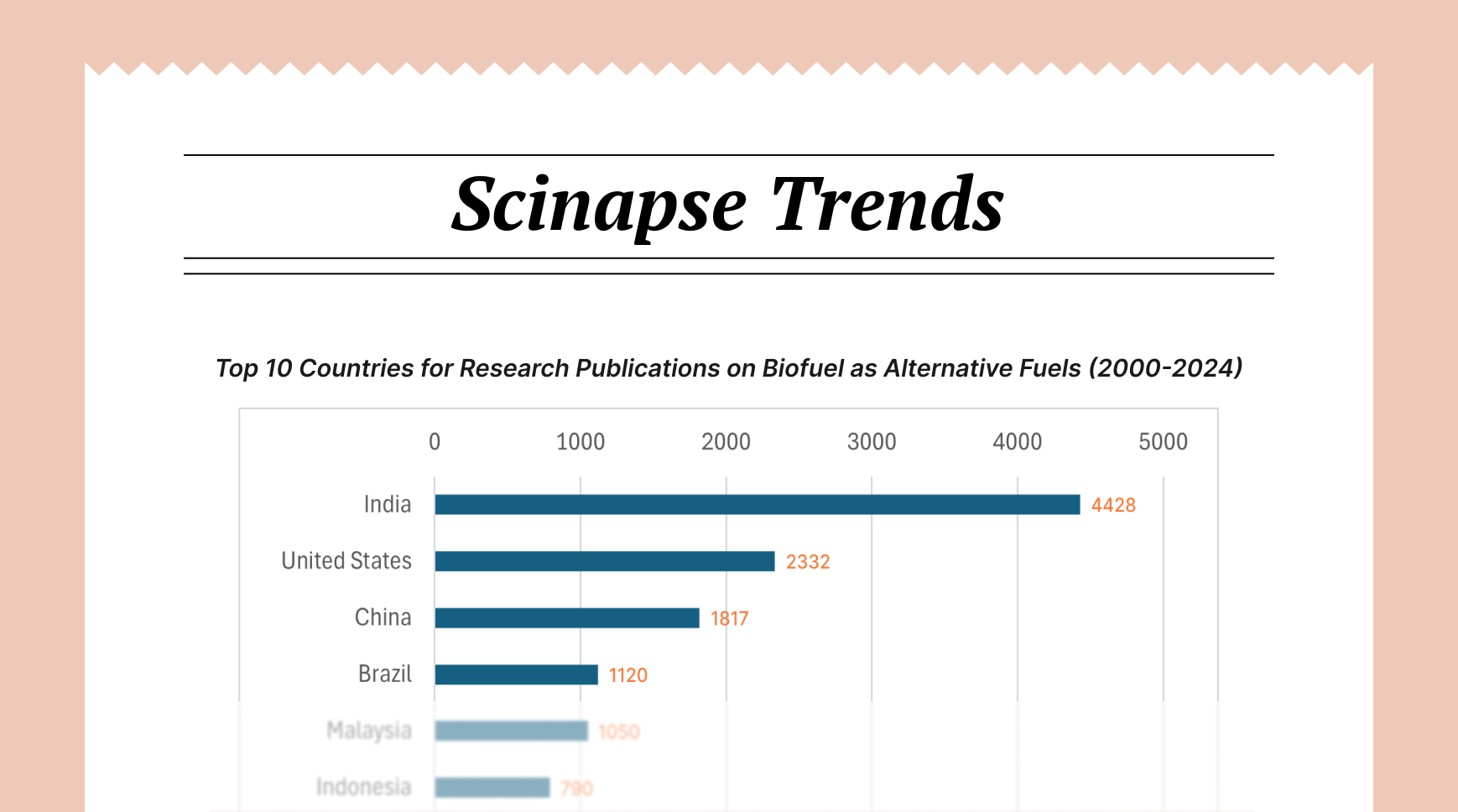7 Key Ethical Considerations in Research Data Analysis and Interpretation

In the age of big data and advanced analytics, researchers and data scientists hold unprecedented power to uncover insights that can shape policies, drive business decisions, and influence public opinion. However, with this power comes a responsibility to ensure that research data analysis and interpretation are conducted ethically and with integrity. Let’s quickly explore the 7 key ethical considerations in research data analysis and interpretation.
Begin your journey toward ethical research with Scinapse!
1- Data Collection and Privacy
Before analysis even begins, researchers must consider the ethical implications of how data is collected. This includes:
- Obtaining informed consent from participants
- Protecting personal information and ensuring anonymity
- Being transparent about data collection methods and purposes
- Adhering to data protection regulations (e.g., GDPR, CCPA)
Researchers should always ask themselves: "Is the data collection method respectful of individual privacy and rights?"
2- Avoiding Bias in Data Selection and Analysis
Bias can creep into research at various stages, from data selection to analysis methods. Ethical considerations include:
- Ensuring representative sampling to avoid selection bias
- Being aware of and mitigating personal biases that could influence interpretation
- Using appropriate statistical methods and avoiding "p-hacking" or data dredging
- Considering the potential for algorithmic bias in machine learning models
Researchers must continuously question: "Am I approaching this analysis with objectivity, and have I considered all potential sources of bias?"

3- Transparency and Reproducibility
Ethical research demands transparency in methods and results. This involves:
- Clearly documenting all steps of the data analysis process
- Making data and code available for peer review and reproducibility studies
- Acknowledging limitations and potential sources of error in the research
The guiding question should be: "Can other researchers reproduce my results based on the information I've provided?"
4- Interpreting Results Responsibly
The way results are interpreted and presented can have significant implications. Ethical considerations include:
- Avoiding overstatement or misrepresentation of findings
- Acknowledging alternative explanations and conflicting evidence
- Considering the broader context and potential real-world consequences of the results
Researchers should ask: "Am I presenting these results in a way that is honest, balanced, and cognizant of their potential impact?"
5- Handling Conflicts of Interest
Conflicts of interest can compromise the integrity of research. Ethical practices include:
- Disclosing any financial or personal interests related to the research
- Ensuring funding sources do not influence the objectivity of the analysis
- Recusing oneself from research where personal bias cannot be mitigated
The key question is: "Could any personal or professional interests be perceived as influencing my research?"
6- Protecting Vulnerable Populations
Some research may involve or affect vulnerable populations. Ethical considerations include:
- Assessing the potential risks and benefits to vulnerable groups
- Ensuring that the research does not exploit or further marginalize these populations
- Involving representatives from vulnerable communities in the research process when appropriate
Researchers must consider: "Does this research adequately protect and respect vulnerable populations?"
7- Long-term Data Stewardship
Ethical responsibilities extend beyond the immediate research project. Considerations include:
- Implementing secure data storage and disposal practices
- Planning for long-term data preservation and access
- Considering the potential for future uses of the data and associated ethical implications
The question to ponder is: "Am I managing this data responsibly for both current and potential future uses?"

Fostering an Ethical Research Culture in Your Organization
Creating a culture of ethical data practices requires effort at both individual and organizational levels:
- Education and Training: Researchers should receive ongoing education in research ethics and data handling best practices.
- Institutional Policies: Organizations should establish clear guidelines and review processes for ethical data analysis.
- Peer Review: The scientific community should prioritize ethical considerations in the peer review process.
- Interdisciplinary Collaboration: Engaging ethicists, legal experts, and domain specialists can provide valuable perspectives on ethical issues.
- Public Engagement: Researchers should strive to communicate their ethical practices and decision-making processes to the public, fostering trust and accountability.
As the volume and complexity of data continue to grow, so does the importance of ethical considerations in research data analysis and interpretation.
Ethical data practices are not roadblocks to research but rather foundational elements that enhance the quality, reliability, and impact of scientific inquiry. By embracing these ethical considerations, researchers can build trust, produce more robust findings, and ultimately make more meaningful contributions to their fields and to society as a whole.
written by Uttkarsha B
Never re-search again.
Scinapse is made by researchers for researchers.
Join the next generation of research at ⏯️ https://scinapse.io/
Pluto Labs
Pluto Labs helps researchers focus on their research by improving several inefficiencies in the academic research process. We offer data-driven insights from academic papers, allowing users to easily obtain review-level results for their desired range of papers.
https://pluto.im/





Comments ()